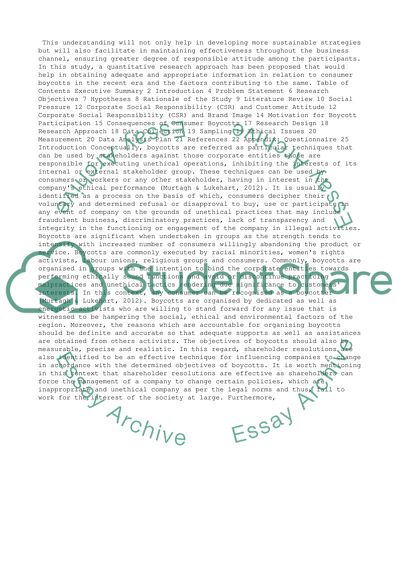Cite this document
(“Business Research Proposal Example | Topics and Well Written Essays - 4000 words”, n.d.)
Retrieved from https://studentshare.org/business/1487011-business-research-proposal
Retrieved from https://studentshare.org/business/1487011-business-research-proposal
(Business Research Proposal Example | Topics and Well Written Essays - 4000 Words)
https://studentshare.org/business/1487011-business-research-proposal.
https://studentshare.org/business/1487011-business-research-proposal.
“Business Research Proposal Example | Topics and Well Written Essays - 4000 Words”, n.d. https://studentshare.org/business/1487011-business-research-proposal.


